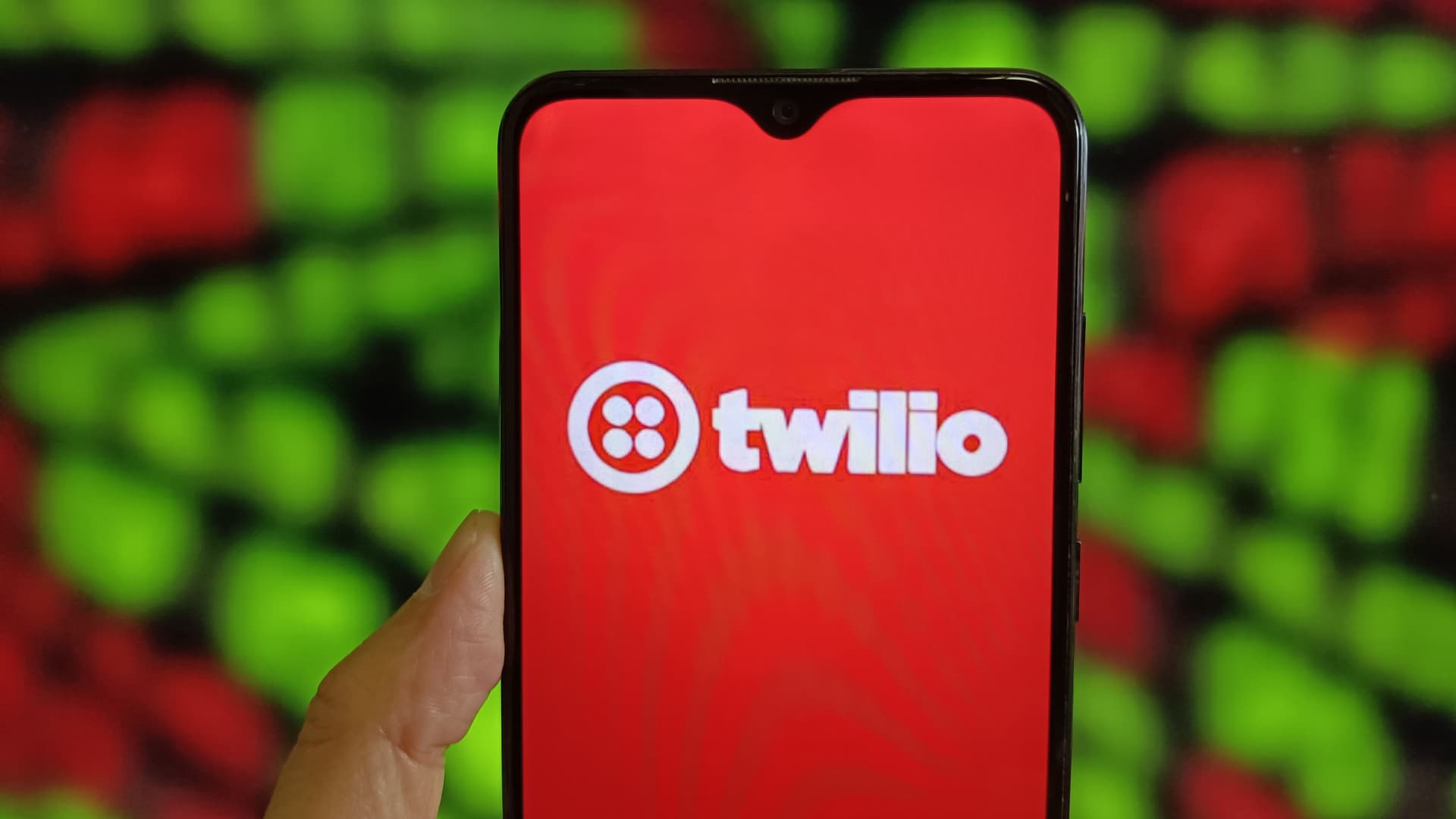For almost a year, Twilio has been under pressure from activist investors, who have urged the software vendor to shake up its board and even seek a potential sale of the company. Twilio founder and longtime CEO Jeff Lawson resigned in January.
Anson Funds, the activist group that’s been vocally pushing for change at the company, is ramping up its campaign after a series of board tweaks at Twilio this week, including an overhauling of the board’s structure.
On Monday, Twilio announced a settlement with Sachem Head, an activist investor whose involvement in the company had been previously unreported. The agreement resulted in Twilio, which sells communications software, giving a board seat to Andy Stafman, a partner at Sachem Head.
Two days later, Twilio said Byron Deeter, a prominent venture capitalist and early investor in the company, would be leaving the board. In the same release, Twilio said it would be asking shareholders at the upcoming annual meeting to vote to declassify its board, meaning that all directors, rather than just a portion of them, would be up for reelection annually.
Anson portfolio manager Sagar Gupta says the moves don’t go far enough.
“While this agreement represented incremental positive change, in our view it was not enough to prevent the continued entrenchment of the Board and ensure an end to Twilio’s persistent underperformance,” Gupta said in a press release on Thursday. “On behalf of all Twilio stockholders, we plan to hold the entire Board accountable in the public realm going forward.”
Gupta said Twilio “repeatedly rejected” proposals for governance improvements over months of engagement, and that “only under intense pressure” did the company resolve those issues.
Twilio shares are down 21% for the year while the Nasdaq is up almost 7%.
Gupta’s campaign at Twilio began in early 2023, reportedly through a series of meetings with the company while he was at Legion Partners. Twilio’s dual-class structure was winding down at the time, meaning CEO Lawson’s outsized control would no longer be in place.
Gupta moved to Anson later that year, continuing the activist challenge. Meanwhile, Legion Partners remained on board in pushing for changes at the company, CNBC previously reported.
Anson and Legion each own less than 0.5% of Twilio, according to FactSet. Their vocal demands have been enough to spur an expanded share buyback program, to push out Lawson and to spark an operational review of a business the firms wanted Twilio to sell.
But they haven’t gotten everything they want.
Twilio completed the operational review in March, deciding against selling the business unit, Segment. It also authorized a smaller share buyback than the two activist investors were seeking.
On March 11, less than a week after Twilio concluded the review, Sachem Head told the company it planned to nominate board candidates. That communication between the firm and Twilio was just made public this week, when Stafman was given a board seat. Sachem Head manages $4 billion in assets and is currently waging two other activist campaigns in Europe.
Gupta said on Thursday that Anson will be scrutinizing “all matters” on strategy, operations, and governance. He said Twilio announced Deeter’s departure while discussions were ongoing between Anson and the company’s advisors.
Anson also highlighted unspecified related-party transactions between Twilio and Deeter’s employer, Bessemer, “which in the past have been to the detriment of Twilio stockholders,” the statement said.
In 2018, Twilio acquired SendGrid, which was also backed by Bessemer, for $2 billion. Deeter was a director at both companies at the time, though he recused himself from negotiations.
Bessemer declined to comment for this story.
Even with Deeter gone, Bessemer still has representation at Twilio. The company’s chairman, Jeff Epstein, is an operating partner at the venture firm.
“This issue remains relevant despite Mr. Deeter’s departure given the continued directorship of another Bessemer partner,” Gupta said.

































![‘911 Lone Star’ Season 5 Episode 8: Tommy’s Cancer Setback [VIDEO] ‘911 Lone Star’ Season 5 Episode 8: Tommy’s Cancer Setback [VIDEO]](https://tvline.com/wp-content/uploads/2024/11/911-lone-star-season-5-episode-8-tommy-cancer.jpg?w=650)























